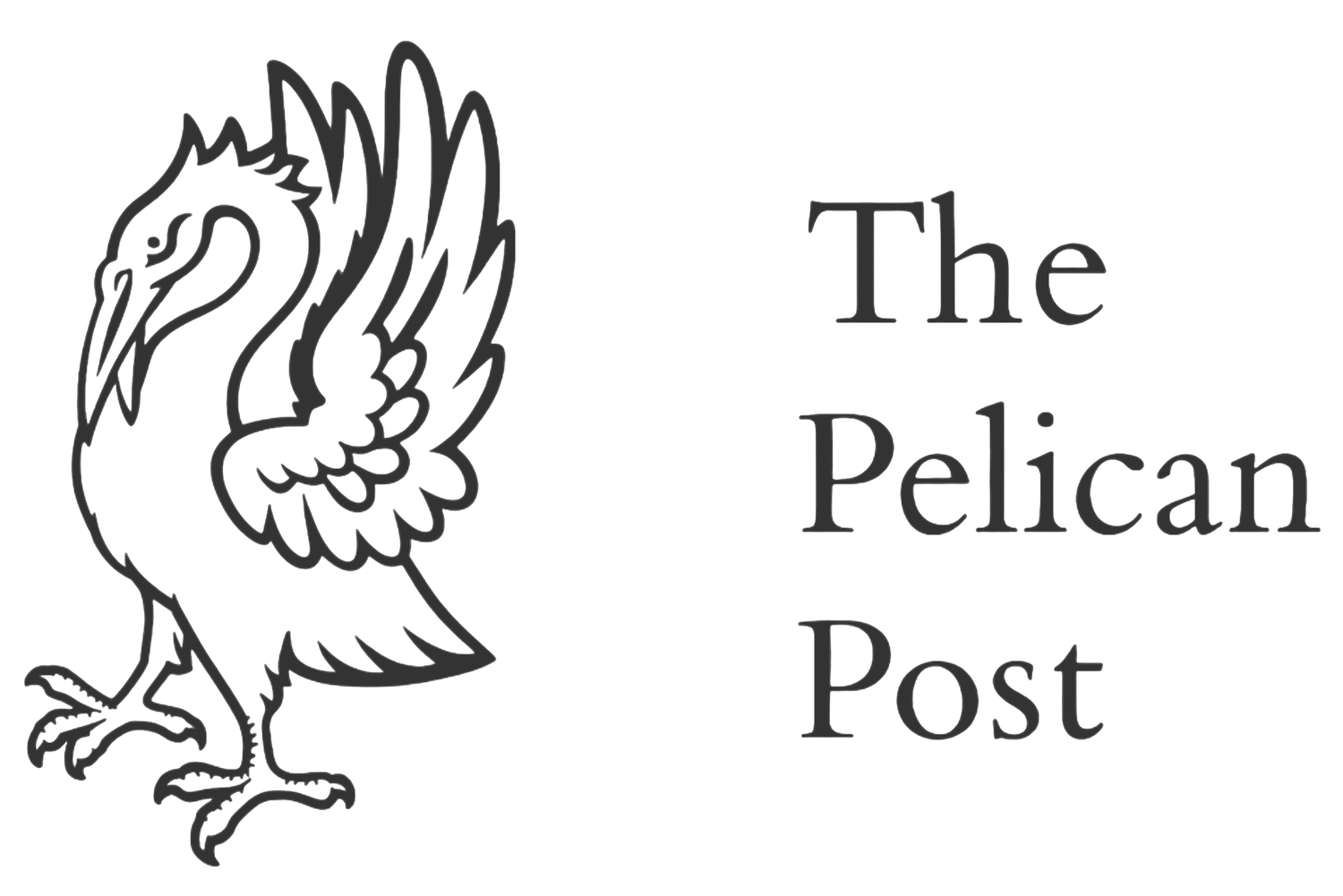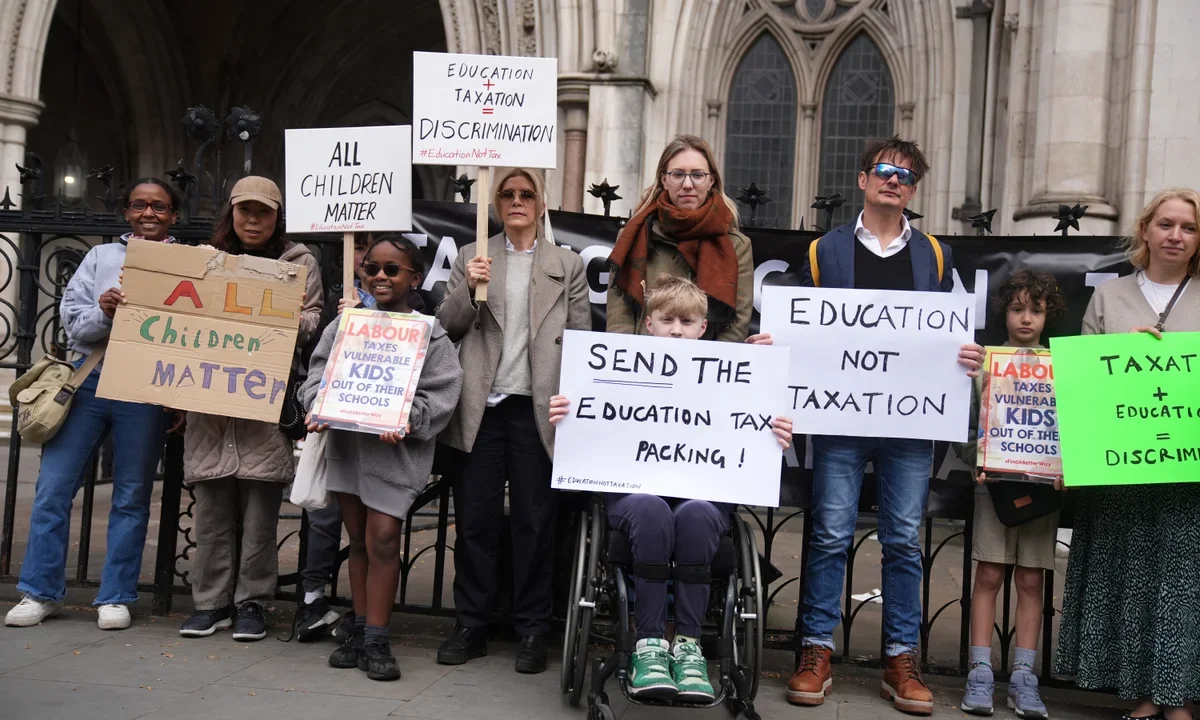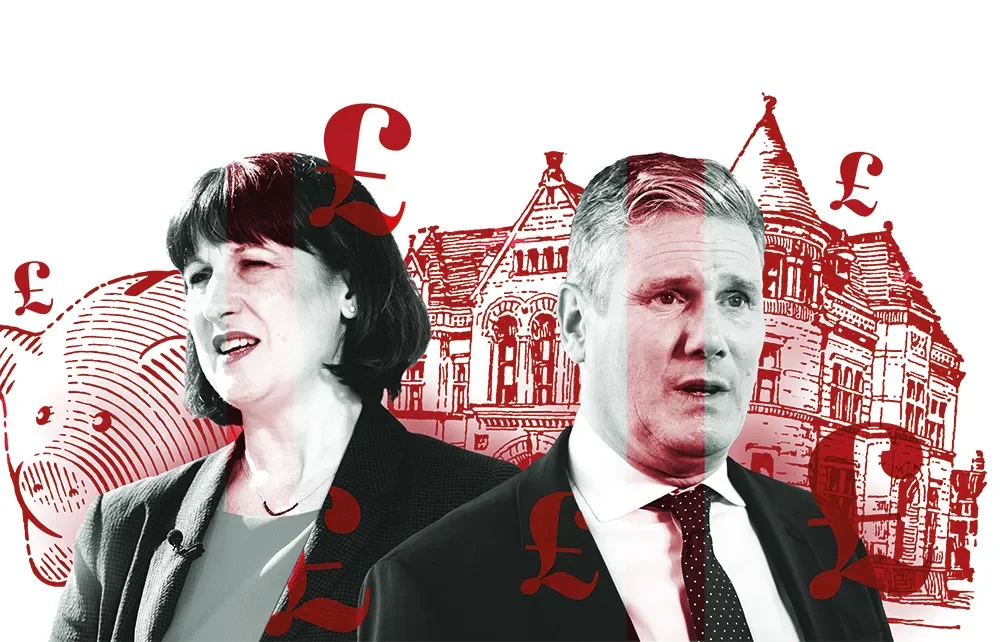VAT on school fees reflects Labour’s uphill battle to resuscitate state education
Its effectiveness remains contentious nonetheless
By Ayaka Critchley
Whether we like it or not, our education has become more expensive. Our education, as pupils of a fee paying school, has recently faced a 20% increase in fees due to the removal of a previous law (the VAT Act 1994) stating that ‘the provision of education or vocational training by an eligible body’ is exempt from VAT. Alongside this, in April 2024 the government removed the 80% reduction on business rates that around half of England’s private schools have because of their charity status. Despite much controversy surrounding the idea of taxing education, the majority - around 55% in September 2024 - of Britons supported Labour’s plan to end the VAT exceptions offered to private schools, including 72% of those who voted Labour on July 4th and 66% of Liberal Democrat voters. Unsurprisingly this policy change is less popular with conservative and Reform UK voters with 36% and 40% respectively approving of the measure. Overall this change still holds reasonable support and with the Salisbury Convention allowing the government ability to swiftly pass manifesto promises, this new VAT has already affected many of us.
The current state of the education system is often seen as subpar, requiring much attention and improvement. Disparities in educational outcomes are a growing concern as those qualifying for free school meals have recently become the largest low-performing demographic in the country. Only 18.6% of White British pupils eligible for free school meals achieving a grade 5 or higher in English and Maths GCSE in 2024, displaying a correlation between academic performance and this socioeconomic group. This starkly contrasts the national average of 45.9% resulting in headlines such as ‘White working class children betrayed by politicians’ by The Times (1st June, 2025). Ultimately, many other factors contribute to low performance in education usually provoked by a lack of state funding to provide good teaching, resources and facilities to improve the learning environment across the state sector. Therefore more money for education must be found to stabilise this with the current Labour government believing taxing alternative forms of education is the the most effective solution.
In Labour’s manifesto they stated they will ‘Recruit 6,500 new teachers in key subjects to prepare children for life, work and the future, paid for by ending tax breaks for private schools.’ aiming to generate £1.3 - 1.5 billion annually to invest in state schools, enhance education and achieve their promises of recruitment of teachers. Some other ideas and reasons for this change are to promote fairness and tackling educational inequality that a lack of funding for state schools enphasises as well as ending historical tax anomalies as the VAT exemption for private schools is an unfair loophole not available to other private services
Despite these attempts at developing education for future generations, many see this change as discriminatory and damaging to the education system as a whole. The government had previously said it expected fees to rise by around 10% however the independent schools council (ISC) census showed average school fees were 22.6% higher in January 2025 than they had been the previous year. As a result it was, and often still is, believed to cause a mass exodus of private school pupils flooding the state system and therefore derailing attempts at progress particularly in reducing class sizes. In addition, the policy has received legal backlash as it was challenged in court due to arguments that it is discriminatory because it significantly affects families attending low paying faith schools and children with Special educational needs and disabilities (SEND). State schools often lack the resources to adequately support children with SEND, leaving parents reliant on private provision. Therefore imposing VAT on fees may cause this option to be unaffordable, risking inappropriate placements and emphasising already dificult educational challenges. While this is a clearly problematic change for many, despite legal demands the government has no obligation to change or revoke this policy.
However, initial treasury memos estimated 54,000 pupils would be displaced in the next few years, yet according to the latest school census data there are only 11,000 fewer pupils at private schools in England this January compared to the same time last year. Consequently, class sizes should not increase as shown by the Institute for Fiscal Studies (IFS) think tank reporting the state system could “easily accommodate extra pupils” because overall student numbers are set to fall by 700,000 by 2030, a larger drop than the total number of children currently attending private schools. This disproves certain concerns about the effect of VAT on private schools as although some groups are affected more than others, this change does not harm the majority of private schools pupils and it definitely does not negatively impact state schools or the 94% of the UK which attend them.
The current Labour government may not be fulfilling all that was hoped of them back in June 2024, however this change seems to be having positive consequences for the general public, as it finally addresses necessary steps towards creating a fairer and more balanced education system. Unpopular as VAT may be, this policy redirects much-needed resources to where they are most urgently required, helping to reduce class sizes, retain teachers, and support children with the greatest needs, helping to achieve a more equitable education system that prioritises opportunity for all.



